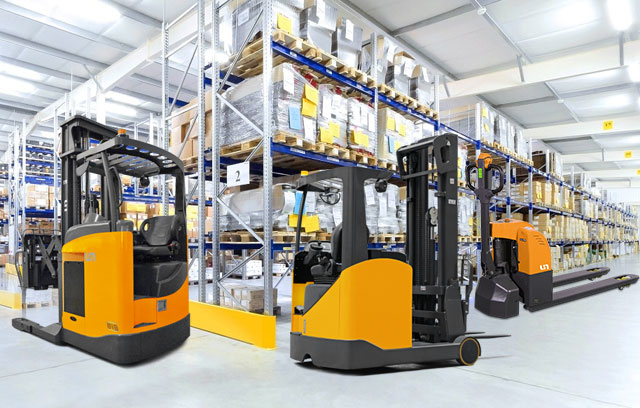The noise levels associated with diesel forklifts typically range from 85 to 100 decibels (dB) during operation, depending on the model, load, and condition.
Employee Health and Comfort:Hearing Damage: Prolonged exposure to noise levels above 85 dB can lead to hearing loss or damage. This necessitates the use of hearing protection in environments where diesel forklifts operate frequently.Stress and Fatigue: High noise levels can contribute to increased stress and fatigue among employees, potentially affecting overall morale and productivity.
Communication Challenges:Impaired Communication: The loud noise from diesel forklifts can make it difficult for workers to communicate effectively. This can lead to misunderstandings, safety risks, and decreased operational efficiency, especially in busy settings.
Safety Risks:Increased Risk of Accidents: Noise can mask important auditory signals, such as alarms or warnings from other equipment, increasing the likelihood of accidents in the workplace.
Regulatory Compliance:Noise Regulations: Many regions have regulations governing acceptable noise levels in workplaces. Exceeding these levels may require additional measures, such as soundproofing or the implementation of quieter machinery.
Workplace Environment:Comfort and Productivity: High noise levels can create an uncomfortable work environment, potentially leading to decreased productivity. Employees may find it hard to concentrate or work efficiently in a noisy setting.
Mitigation Strategies:Noise Control Measures: Employers may need to implement noise control strategies, such as sound barriers, regular maintenance of forklifts to minimize noise, or using electric forklifts in quieter zones.
The noise levels of diesel forklifts can significantly impact workplace environments by affecting employee health, safety, communication, and productivity. Implementing appropriate noise control measures is essential for creating a safer and more comfortable working environment.
- Home
- About
-
Product
-

IC Forklift
Ranges
-

Electric Forklift
Ranges
-

Warehouse Equipment
Ranges
-
- CUSTOMER CARE
- INDUSTRY SOLUTION
- News
- Contact








 中文简体
中文简体 عربى
عربى Español
Español














